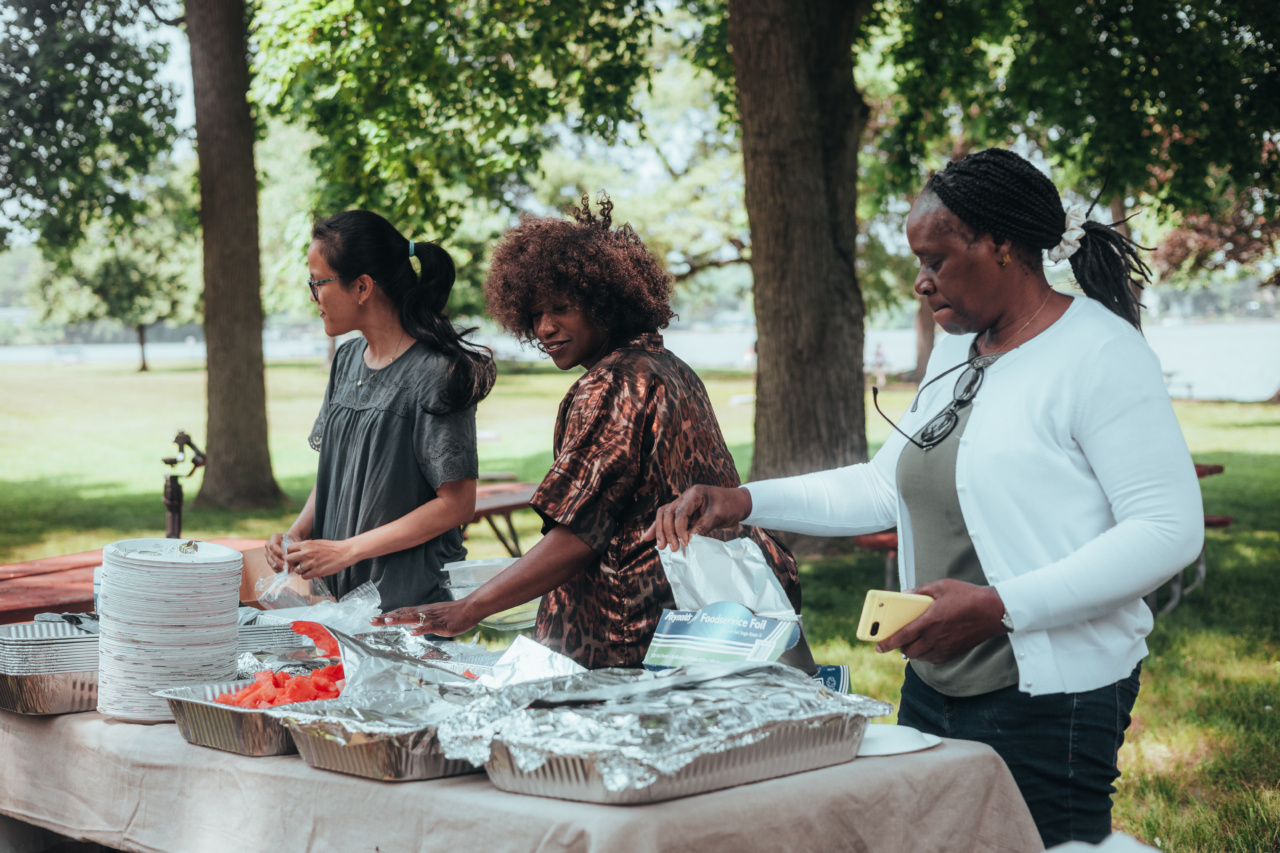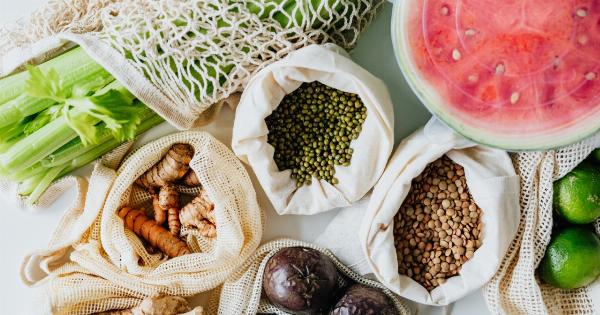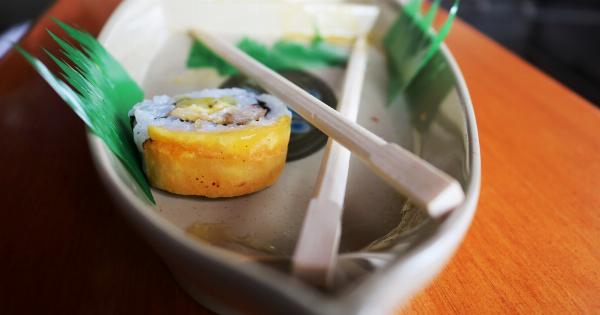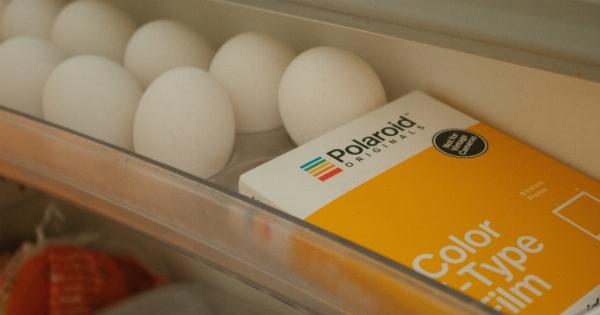Summer is a time of year when most people enjoy outdoor activities, barbecues, and picnics. However, it is also a time when the risk of food poisoning increases.
The warmer temperatures create an ideal environment for bacteria to multiply, leading to a higher likelihood of contamination and illness. To protect yourself and your loved ones from foodborne illnesses, it is crucial to follow proper food safety practices. Here are some tips to help you avoid food poisoning during the summer months:.
1. Cleanliness is Key
Before handling any food, ensure that your hands and cooking surfaces are clean. Wash your hands thoroughly with soap and warm water for at least 20 seconds before and after handling food.
Use separate cutting boards and utensils for raw meat, poultry, and seafood to prevent cross-contamination.
2. Proper Food Storage
When outdoors, it is essential to keep perishable foods properly refrigerated or stored in coolers.
Bacteria multiply rapidly in warmer temperatures, so perishable foods such as meat, eggs, and dairy products should be kept at temperatures below 40°F (4°C) in a cooler or refrigerator. Use ice packs or frozen water bottles to keep the cooler temperature low.
3. Marinating Precautions
If you plan to marinate meat, poultry, or seafood, always marinate in the refrigerator, not on the counter. Discard any leftover marinade that has come into contact with raw meat, as it can contain harmful bacteria.
If you want to use the marinade for basting or dipping, set some aside before adding the raw meat and store it separately.
4. Safe Grilling Practices
Cooking meat, poultry, and seafood on the grill is a popular summer pastime. To ensure safety, use a food thermometer to check if the grilled food has reached the appropriate internal temperature.
Ground meats should reach 160°F (71°C), poultry should reach 165°F (74°C), and seafood should reach 145°F (63°C). Avoid eating any undercooked or raw meats.
5. Be Mindful of Cross-Contamination
Cross-contamination is a significant cause of foodborne illnesses. Prevent it by keeping raw meat, poultry, seafood, and their juices away from ready-to-eat foods.
Use separate cutting boards, plates, and utensils to prevent bacteria from raw foods transferring onto cooked or ready-to-eat foods.
6. Wash Fresh Produce
Fruits and vegetables should always be washed thoroughly before eating, especially if you plan to consume them raw. Use cool running water to wash produce, scrubbing firm fruits and vegetables with a clean brush.
This helps remove any dirt, bacteria, or pesticide residues from the surface.
7. Avoid Leaving Food Out
During the summer months, it is common to have outdoor picnics or barbecues. However, it is crucial to avoid leaving food out for too long, as bacteria can quickly multiply in hot weather.
Perishable foods should not be left out for more than two hours, and if the temperature is above 90°F (32°C), the limit decreases to one hour.
8. Practice Safe Handling of Leftovers
After a meal, promptly refrigerate any leftovers in shallow and airtight containers to cool them quickly. Consume or freeze the leftovers within two to three days to prevent bacterial growth.
When reheating leftovers, ensure they reach a temperature of 165°F (74°C) to kill any potential bacteria.
9. Choose Reliable Food Suppliers
When purchasing food for your summer festivities, make sure to choose reliable food suppliers. Buy meat, poultry, seafood, and other perishable items from reputable sources.
Check for food safety certifications and ensure the products are within their expiration dates.
10. Educate Yourself and Others
Stay informed about food safety practices and continually educate yourself and others. Share these tips with family and friends to raise awareness about the importance of preventing foodborne illnesses.
By collectively implementing proper food safety measures, we can all enjoy a healthy and safe summer.




























